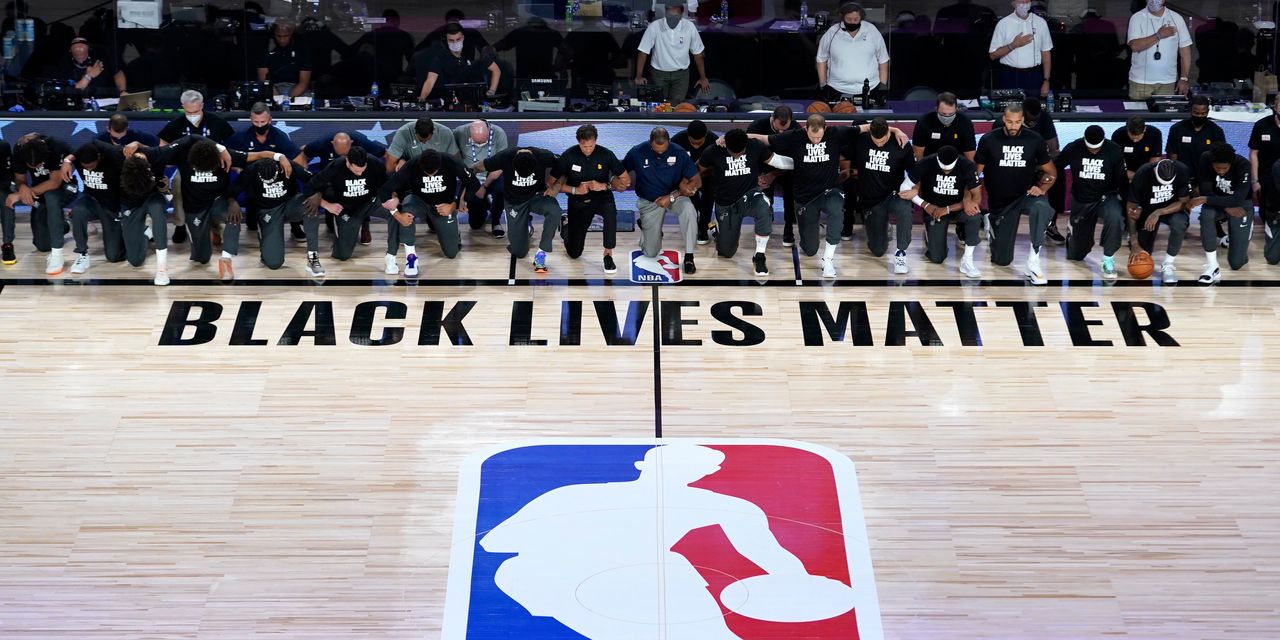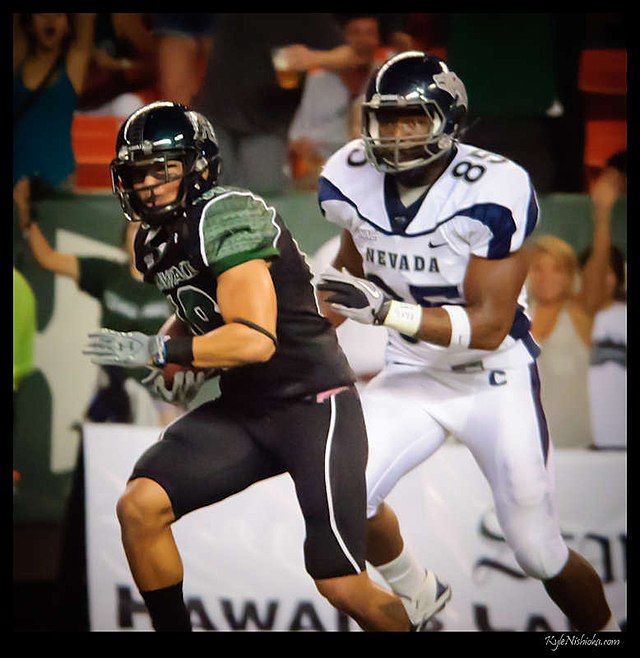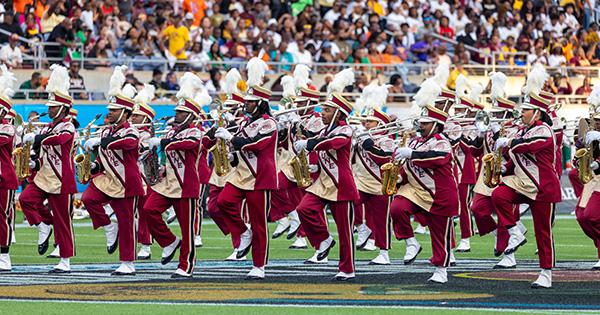When Athletes Are Forced to Pledge
The NBA has a longstanding policy that requires all players to stand for the National Anthem However, commissioner Adam Silver has not enforced this rule because kneeling has become a popular way to peacefully protest social injustice. Lots of players and coaches chose to kneel during the anthem this past summer during the NBA reboot in light of the Black Lives Matter movement. Now, a few months later, we are almost mid-way through the regular season and the Dallas Mavericks have chosen to not play the national anthem before their home games at all. The Mavericks did not announce the change in policy, although the directive came from owner Mark Cuban.
“Whether it’s holding their arm up in the air, whether it’s taking a knee, whatever it is, I don’t think this is an issue of respect or disrespect to the flag or to the anthem or to our country,” Cuban said. “I think this is more a reflection of our players’ commitment to this country and the fact that it’s so important to them that they’re willing to say what’s in their heart and do what they think is right. As opposed to having players kneel, this season Cuban simply chose to not play the national anthem before games at all and to play “God Bless America” instead.
Despite the NBA doing such a great job of bringing attention to social inequality this past summer, they are now seemingly reeling it back. NBA Chief Communications Officer, Mike Bass, released a statement that all teams must play the national anthem before games. “With NBA teams now in the process of welcoming fans back into their arenas, all teams will play the national anthem in keeping with longstanding league policy,” Bass said in the statement.
This is now the latest chapter of how professional sports choose to address activism. The NBA has been the shining example for all professional sports leagues of how much a positive impact their platform can have on social change. Although, this shows that there is clearly work that still needs to be done. We must ask ourselves, why is the anthem so important to play before sporting events? Could the demographics of the labor force play a factor? Why do some fans feel so strongly that these players must pledge allegiance to the flag before every single game they play? New Orleans Pelicans head coach Stan Van Gundy said “If you think the anthem needs to be played before sporting events, then play it before every movie, concert, church service and the start of every workday at every business.”
Social norms take a long time to change and be accepted widely. The first person to speak up on a platform against a societal norm is always considered to be an anarchist, the same way Martin Luther King Jr. and Colin Kaepernick were portrayed. However, as time progresses people become more educated about issues and learn to accept the new changes, it just takes time. Three years ago, Mark Cuban said in a tweet that he expected all of his players to stand for the anthem, but now he admits that his perspective has changed. “I think we’ve evolved as a country. And this is really a unique point in time where we can grow as a society, we can grow as a country and become far more inclusive and become far more aware of the challenges that minority communities go through,” Cuban said.
Mark Cuban deserves a lot of credit for having the humility to admit that he was ignorant before and now believes that players should now be able to express their right to a peaceful protest with all that has come to light over the past year.
Hopefully, Cuban making this decision will bring attention to this widely accepted norm and force people to ask themselves why it has to be mandatory for these athletes to pledge their allegiance? Stan Van Gundy tweeted Wednesday. “What real good reason is there to play the anthem before a game?”



